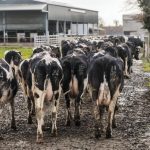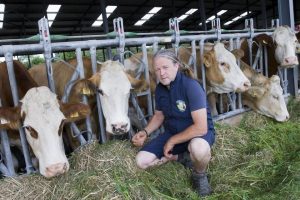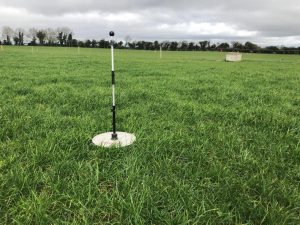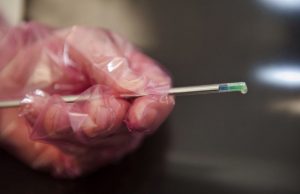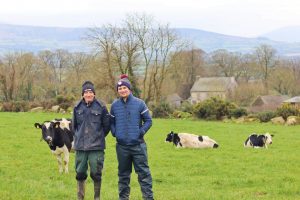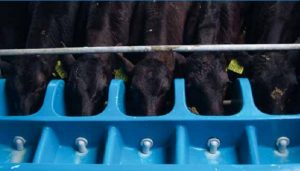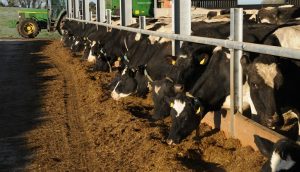
The opportunity to develop a vibrant goat and sheep’s milk sector in Ireland is immense, according to a vet and researcher, Cormac White.
The Belfast native, who is now a practising veterinarian in Somerset, has carried out research on the potential of small ruminant dairy production.
Making this happen has required White to travel throughout Europe and South America.
Speaking at Balmoral Show last week, White said: “Goat and sheep’s milk is much more nutritious, relative to what is the case with dairy cows.
“Demand for products made with milk from small ruminants is growing in countries around the world. The myriad cheese products made from either goat or sheep’s milk represent a case in point.
“Southern Europe has been the traditional heart land of sheep and goat production. However, climate change is now acting to make ruminant-based agriculture a very marginal enterprise in this region,” he added.
“This trend is likely to gain further momentum during the period ahead. E.g., grass production can now only be guaranteed in parts of the Mediterranean region for a maximum of two months in the year.”
Goat and sheep’s milk
These changes open up tremendous opportunities for small ruminant-based dairy operations in Ireland.
“All of these businesses can be totally grass-based, adding to the value of the dairy output they produce,” he said.
The vet pointed to the case of Kiwi fruit production in New Zealand as an example of a food idea that can be quickly developed into a large-scale production-based sector.
“What started out as a very small venture on a restricted number of farms is now adding significantly to New Zealand’s farming and food economy.
“There is no reason why small ruminant dairy production can’t take off on the same basis here in Ireland,” he added.
Cheeses made from goat’s milk include feta and halloumi. The list of options produced from sheep’s milk include roquefort, manchego, pecorino romano and ricotta.
Courtesy of his presentation, White made the point that many consumers regularly eat these products without actually knowing the source of the milk used to make them.
All of the goat breeds kept on Irish farms are suited to milk production.
Where sheep are concerned, East Friesian is the most productive milking breed. Ewes can produce up to 400L of milk across a 250-day lactation.
You can now read the most important #news on #eDairyNews #Whatsapp channels!!!
🇺🇸 eDairy News INGLÊS: https://whatsapp.com/channel/0029VaKsjzGDTkJyIN6hcP1K


